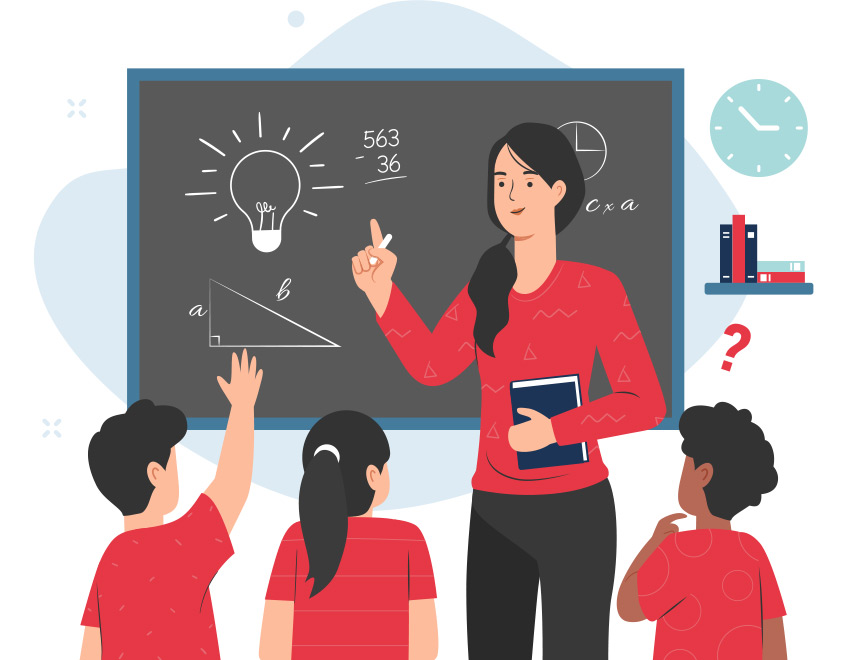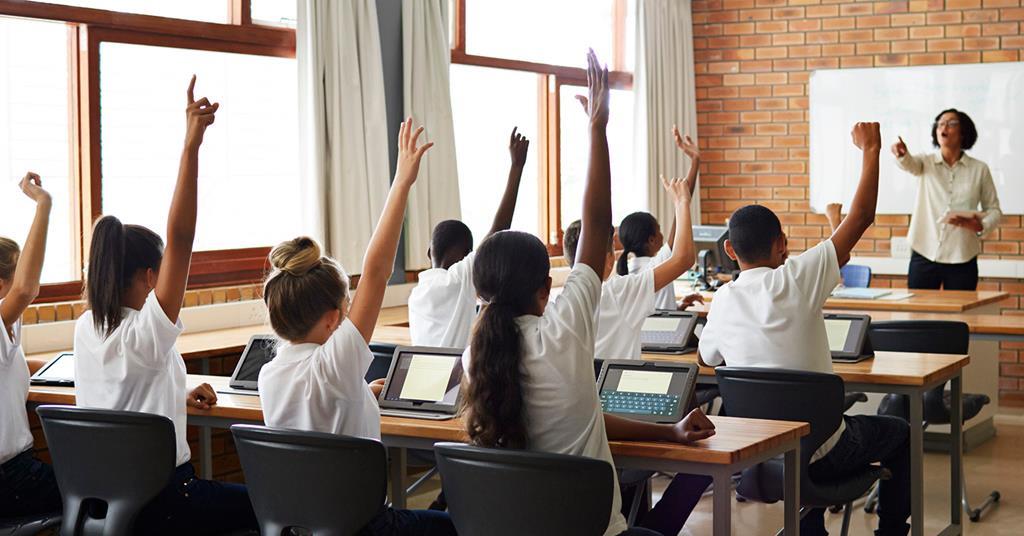Master Primary Science Concepts with Quality Tuition in Singapore
Master Primary Science Concepts with Quality Tuition in Singapore
Blog Article
Discovering the Various Training Approaches in Key Scientific Research Education And Learning Today
Inquiry-based learning, hands-on experiments, and the integration of technology are redefining exactly how instructors involve young minds. In addition, joint methods and separated instruction are being used to provide to the varied needs of students, enhancing both engagement and understanding.
Inquiry-Based Discovering
Inquiry-Based Discovering (IBL) is a pedagogical approach that motivates trainees to discover clinical concepts with wondering about, investigation, and hands-on experimentation. This approach stresses the role of trainees as energetic participants in their discovering, advertising crucial thinking and problem-solving abilities. By involving with real-world questions, pupils end up being inspired and curious, which improves their understanding of scientific principles.
In IBL, instructors function as facilitators, guiding pupils as they navigate their questions as opposed to delivering info straight. This student-centered method enables distinction, suiting different finding out styles and paces. Pupils develop abilities in creating hypotheses, creating experiments, and examining data, which are important for clinical literacy.
Additionally, IBL promotes collaboration amongst trainees, urging them to share searchings for and concepts. This cumulative inquiry promotes social abilities and a sense of community within the classroom. The procedure of questions motivates resilience, as pupils learn to accept failing as a stepping rock towards understanding.
Hands-On Experiments
Hands-on experiments are a vital part of reliable science education and learning, complementing the principles of inquiry-based discovering. These experiments enable students to involve directly with clinical ideas, cultivating a much deeper understanding via experiential learning. By adjusting materials and observing results, young learners can grasp abstract concepts in tangible ways.
Such activities promote vital reasoning and problem-solving abilities, as students assume outcomes, conduct experiments, and analyze outcomes. This procedure encourages them to ask questions, improve their understanding, and develop a clinical frame of mind. Hands-on experiments can be customized to diverse understanding styles, guaranteeing that all students have the possibility to involve meaningfully with the material.
Moreover, hands-on experiments commonly motivate cooperation among peers, advertising teamwork and interaction abilities. Functioning in groups allows pupils to share ideas, go over findings, and pick up from one an additional, which improves their total academic experience.
Integrating hands-on experiments into the main science curriculum not just enriches the finding out environment but also grows a long-lasting passion in science. By actively taking part in their education, trainees are more probable to develop an interest for clinical query that extends beyond the class.
Technology Integration
Incorporating technology into key scientific research education has become progressively essential in cultivating student interaction and boosting finding out results. Using electronic devices, such as interactive simulations, virtual labs, and academic software program, provides students with opportunities to explore scientific ideas in cutting-edge means. These sources promote a deeper understanding of complicated topics by enabling learners to imagine and control variables that would certainly be not practical in a typical class setup.
In addition, technology combination motivates customized learning experiences. Students can progress at their own pace, revisiting tough principles with multimedia resources, which satisfy different knowing styles. This flexibility not just sustains specific growth but also grows a feeling of freedom in learners.
In addition, innovation functions as a bridge to real-world scientific research, attaching trainees with current study and specialist payments. Access to clinical journals and on the internet databases broadens why not try these out pupils' point of views on clinical query and promotes important believing skills.
Collaborative Discovering
Collective discovering plays an important duty in main science education and learning by cultivating teamwork and interaction skills amongst pupils. This strategy motivates learners to function together, share expertise, and engage in analytic, which enhances their understanding of clinical concepts. By taking part in group tasks, students discover to verbalize their concepts, listen to diverse perspectives, and discuss remedies, all of which are essential abilities in both real-world and academic contexts.

Study indicates that collective learning can bring about enhanced inspiration and engagement in scientific research topics, as students discover satisfaction in shared experiences (primary science tuition Singapore). Furthermore, this strategy prepares students for future collective ventures, outfitting them with the skills needed for reliable teamwork in higher education and learning and professional atmospheres. Inevitably, embracing collaborative discovering in main scientific research education and learning can considerably improve the understanding experience and promote a much deeper understanding of scientific inquiry
Separated Guideline

Differentiated direction can materialize in various methods, such as differing the content, procedures, or items of understanding. Teachers might make use of tiered assignments that supply varying degrees of intricacy, allowing trainees to function at their corresponding readiness levels. Furthermore, adaptable organizing techniques can assist in cooperation amongst students with different abilities, promoting peer understanding.
Assessment plays an important duty in this strategy, as it informs instruction and helps teachers comprehend each trainee's special requirements. Developmental analyses, such as monitorings and quizzes, can assist educators in readjusting their approaches to boost learning outcomes. primary science tuition Singapore. Ultimately, by applying differentiated instruction in primary science education, instructors can cultivate a much more reliable and equitable find out here knowing atmosphere, encouraging all pupils to reach their complete capacity in comprehending scientific phenomena
Conclusion
In summary, the varied mentor techniques in primary scientific research education and learning, consisting of inquiry-based knowing, hands-on experiments, technology assimilation, collective discovering, and separated direction, collectively add to an extra efficient knowing atmosphere. These techniques promote critical reasoning, problem-solving abilities, and a much deeper understanding of scientific concepts. By applying these methods, instructors can develop helpful and engaging class that deal with the varied needs of students, ultimately cultivating a lifelong passion in scientific research and improving scholastic success.
Inquiry-Based Understanding (IBL) is a pedagogical strategy that urges trainees to discover scientific principles through wondering about, investigation, and hands-on testing.Joint knowing plays an essential function in key science education and learning by fostering synergy and interaction skills amongst pupils.Research study suggests that joint knowing can lead to raised motivation and engagement in scientific research topics, as pupils find pleasure in common experiences.In fostering an inclusive understanding setting, set apart guideline arises as an essential method to suit the varied needs and capabilities of trainees in key scientific research education and learning. Ultimately, by executing set apart guideline in primary science education, teachers can cultivate a much more reliable and fair understanding environment, equipping all students to reach their complete capacity in recognizing clinical sensations.
Report this page